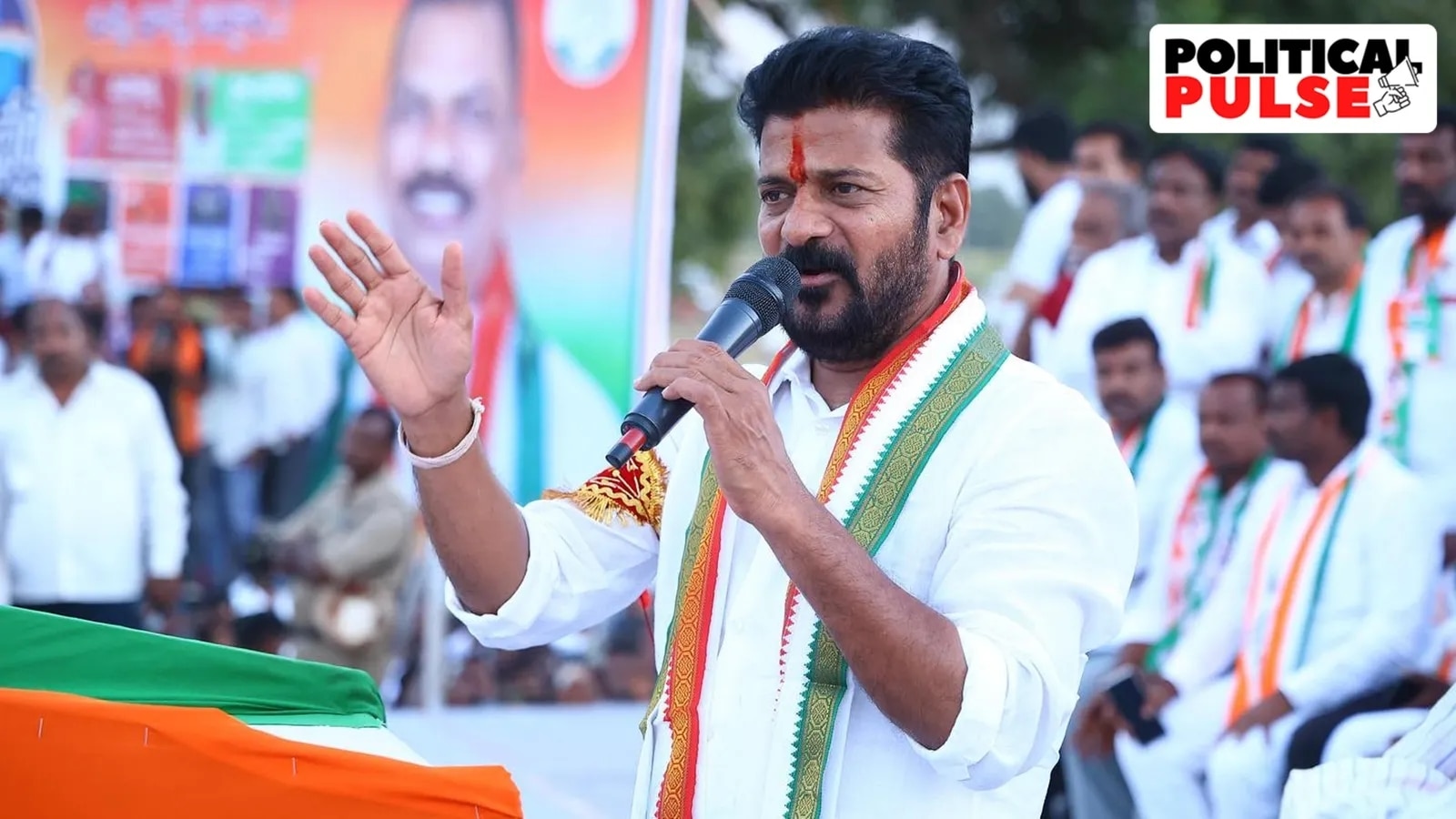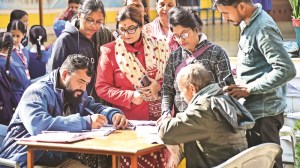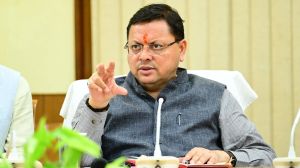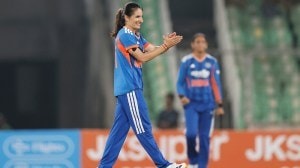The stage is set for the Revanth Reddy-led Congress government in Telangana to undertake a caste survey across the state, which was a major promise of the Congress in its manifesto for the November 2023 Assembly elections.
This has come nearly a decade after the previous Bharat Rashtra Samithi (BRS) government carried out the Samagra Kutumba Survey or Integrated Household Survey in the state.

Over 80,000 enumerators and 10,000 supervisors would be involved in the Congress government’s caste survey exercise across the length and breadth of the state.
The implementation of the survey, officially referred to as the Socio, Economic, Educational, Employment, Political and Caste Survey, has been a top priority for the Reddy government, which took charge in December last year and adopted a resolution in this regard in the Assembly in February.
A government order (GO) was issued on October 10, which designated the Planning Department as the nodal agency of the survey and directed it to complete the exercise within 60 days.
The Telangana government claims the survey will form the basis of its plans to implement various socio-economic, educational, political and employment opportunities for the amelioration of backward classes (BCs), Scheduled Castes (SCs), Scheduled Tribes (STs) and other weaker sections in the state.
The Reddy government has also tasked the Telangana BC Commission to decide the percentage of reservations for the OBCs in local bodies. Reddy had said that the local body polls would be held only after reservation is granted based upon the findings of the caste survey.
Story continues below this ad
In accordance with the government’s directives, the BC Commission has decided to tour the state from October 24 and hold public hearings in the 10 headquarters of the erstwhile districts, giving rise to apprehensions that it would delay the findings of the caste survey.
Congress leader and Telangana BC Commission chairperson G Niranjan, speaking to The Indian Express, however brushed aside such concerns. “The caste survey and public hearings are two different exercises. The survey will be held across the state to enumerate details of people from all castes whereas public hearings will be held to collect information about the BC communities,” he said.
Niranjan said each enumerator will visit 10-15 families a day and the process would take around 15 days after which the information will be collated. “Based on the information, the Commission will come to a scientific conclusion about the population of each caste and this will help us recommend reservation for BCs,” he said.
About the possibility of breaching the 50% limit set by the Supreme Court for reservations, Niranjan said the government will urge the Centre to enhance the reservation cap. “It can be done only through a legislation in Parliament. We are doing our job and keeping everything ready,” the state BC Commission chairperson said.
Story continues below this ad
BRS leader Dasoju Sravan, who had moved the Telangana High Court demanding a caste survey, welcomed the Reddy government’s move, but called it “reactive”. He said it was a “great opportunity” for the BCs to get justice. “But unless you study the backwardness or forwardness of all communities, how can we arrive at the relative backwardness of the BC, SC, ST communities?” he asked.
Flagging the sub-categorisation demand raised by sections of the BC communities, the BRS leader said, “True social justice will be served only when the relative backwardness within the BCs as well as the entire population is ascertained.”
The BCs, which make up around 54% of Telangana’s population, have been pushing for the caste survey. Following the Supreme Court’s August 1 decision to allow sub-categorisation of SCs and STs and Reddy’s subsequent announcement that Telangana will be the first state to implement it, the BC communities have demanded the same to ensure higher quotas in government jobs and education.
The president of the National BC Welfare Association and former Rajya Sabha member, R Krishnaiah, hailed the government’s “legitimate and efficient” approach. “Unlike the household survey of the BRS, which was legally questionable, the caste survey is scientifically sound and follows legal procedures. The BRS’ survey was not announced in the Assembly nor a statutory body was formed to oversee it,” he said.
Story continues below this ad
The findings of the BRS-commissioned survey were never made public but reportedly used to implement various community-specific welfare schemes and selection of beneficiaries.
Krishnaiah also believes that the survey would help determine the appropriate percentage of reservations in local bodies and will help in proper allocation of funds for development programmes. “Our organisation will intensify its struggle if the government fails to increase reservations for BCs in local bodies after the survey is conducted,” he said.
One of the most vocal supporters of the caste survey, Leader of the Opposition in the Lok Sabha Rahul Gandhi had advocated it in the run-up to the Telangana Assembly polls and was the first to congratulate Reddy in September after the CM announced that his government would go ahead with it. “Caste census is the first step to justice! Because without knowing the social and economic health of any society, it is impossible to make proper plans for it. And caste census is the only way to ensure equitable participation of every section of the society in the prosperity of the country,” Gandhi had then said.

































